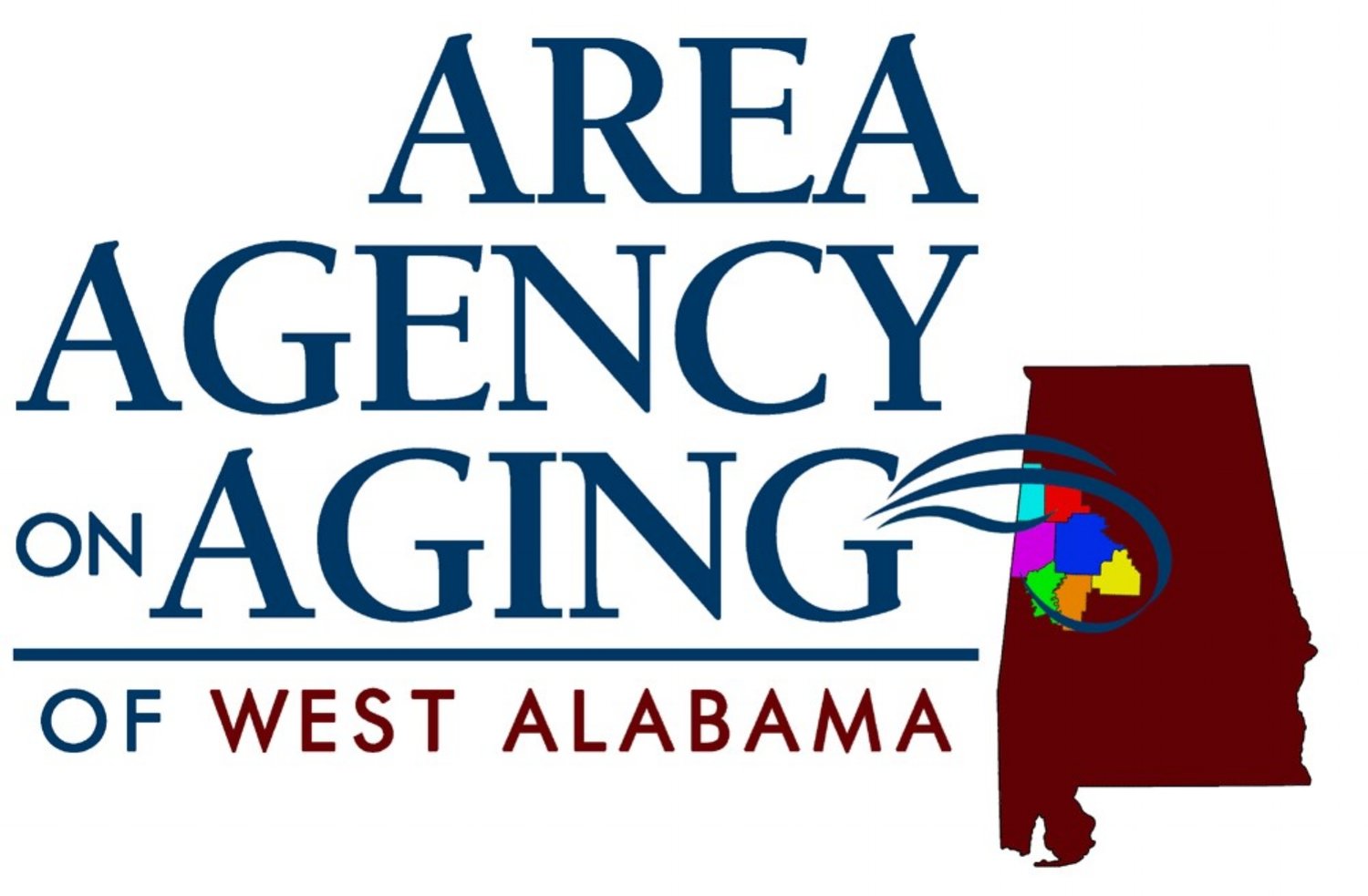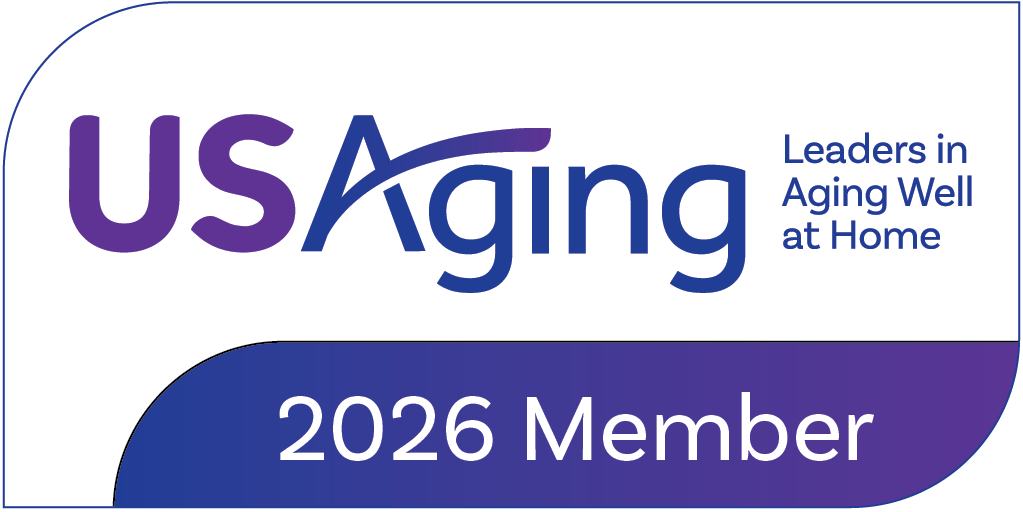ACT Waiver
Clients enrolled in the ACT Waiver can receive the following services through Medicaid and may include:
- Transitional assistance – services and expenses consists of the following items, when appropriate and necessary for the participant’s discharge from a nursing facility and safe transition to the community
- Home Modifications - Those physical adaptations to the home, required by the participant’s plan of care, which are necessary to ensure the health, welfare and safety of the participants, or which enables the participants to function with greater independence in the home and without which, the participant would require institutionalization.
- Case management – each client has a case manager that coordinates their care. This includes arrangement of services, regular monthly home visits, development and updates to the plan of care, provision of information and referrals for other community programs, and assistance in applying for benefits and entitlements.
- Personal care - provides assistance with eating, bathing, dressing, caring for personal hygiene, toileting, transferring from bed to chair, ambulation, maintaining continence and other activities of daily living (ADLs).
- Homemaker - provides assistance with general household activities such as meal preparation and routine housecleaning and tasks, such as, changing bed linens, doing laundry, dusting, vacuuming, mopping, sweeping, cleaning kitchen appliances and counters, removing trash, cleaning bathrooms, and washing dishes. Also includes assistance with grocery shopping and prescription medications and paying bills.
- Respite - provides temporary, short term relief for the primary caregiver, and continues the supervision and supportive care necessary to maintain the health and safety of waiver clients.
- Companion services - non-medical assistance, observation, supervision and socialization, provided to a functionally impaired adult. Companions may provide limited assistance or supervise the individual with such tasks as activities of daily living, meal preparation, laundry and shopping.
- Home delivered frozen meals – provides meals to clients who are no longer able to cook or perhaps don't have enough money to purchase adequate food. Clients receive meals once per week.
- Assistive Technology - devices, pieces of equipment or products that are modified, customized and used to increase, maintain or improve functional capabilities of individuals with disabilities. It also includes any service that directly assists an individual with a disability in the selection, acquisition or use of an Assistive Technology device.
- Medical Equipment Supplies and Appliances - devices, controls and/or appliances, specified in the Plan of Care, which enable waiver participants to increase their ability to perform activities of daily living, to maintain health and safety in the home environment, and to perceive, control, or communicate with the environment in which they live.
- Personal Emergency Response System and Monthly Fee - an electronic device which enables certain individuals at high risk of institutionalization to secure help in the event of an emergency. The client may also wear a portable “help” button to allow for mobility.
- Personal Assistant Service - a range of services provided by one or more persons designed to assist an individual with a disability to perform daily activities on the job. These activities would be performed by the individual if that individual did not have a disability. Such services shall be designed to increase the individual’s independence and ability to perform every day activities on the job.
- Skilled Nursing - offers long or short term care for clients that need rehabilitation or suffer from serious health issues. A nurse or team of nurses will provide day-to-day help.



